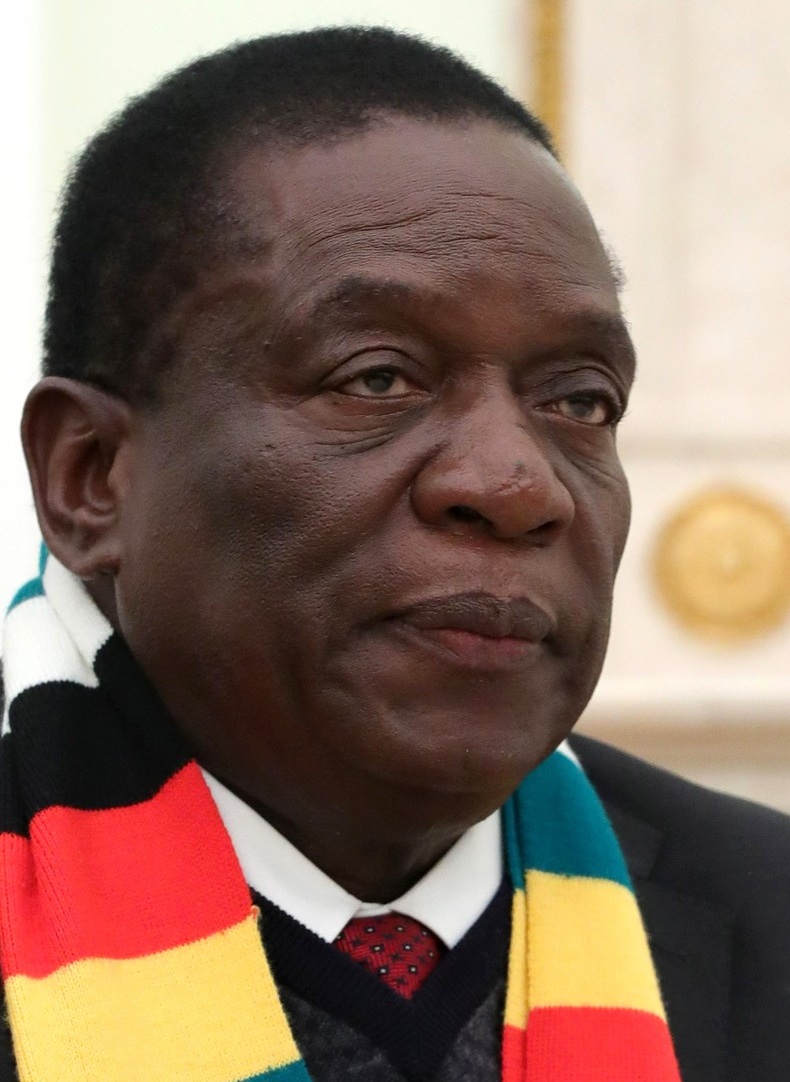Southern African governments abused the Covid-19 lockdown regulations in order to tighten their grip on power thereby threatening the civil, political and socio-economic rights of people, the Crisis in Zimbabwe Coalition (CiZC) has said.
This observation comes as the world commemorates the International Human Rights Day on December 10, celebrating the adoption of the Universal Declaration of Human Rights by the United Nations General Assembly in 1948.
“As we commemorate International Human Rights Day, it has to be noted that civil, political as well as socio-economic rights have largely come under threat within the Southern African Development Community (SADC) due to the advent of Covid-19 with the political elite abusing the lockdown regulations to tighten their grip on power by weakening checks and balances,” the coalition said in a press release.
The theme for this year is “Recover Better- Stand Up for Human Rights,” and Crisis Coalition said it had a particular focus on Covid-19, where emphasis must be putting human rights at the centre of recovery efforts and prioritising humanitarian assistance following the global pandemic.
CiZC noted the abuse by governments included “gross human rights violations in the form of rape, torture, discrimination, corruption, inadequate provision of health services, food insecurity among other rights violations. Consequently, the democratic deficiencies in most SADC countries were worsened by Covid-19.”
The coalition said many SADC countries such as Zimbabwe, South Africa, Malawi, Mozambique and Zambia issued decrees that gave police and the army expanded powers to enforce lockdown regulations.
“These powers later on turned to be a consolidation of authoritarian rule with the security forces emerging as the biggest violators of human rights and this happened while Covid-19 responses were largely militarised and centralised,” said the coalition.
CiZC added Covid-19 triggered an upsurge in cases of human rights violations and a dire humanitarian situation and according to recent projections by the World Food Programme, eight million Zimbabweans would need humanitarian assistance by the end, a situation worsened by Covid-19, drought and climate change.
“The situation is not that different in Malawi, Mozambique, Zambia and South Africa where there has been a severe reduction in food production caused by the Covid-19 pandemic. While the South African government has been making attempts to provide safety nets to the vulnerable groups, the situation continues to be dire due to lack of stable economic activity and an upsurge in Covid-19 cases.”
“Corruption has also affected the fight against Covid-19 in South Africa while leaving many citizens vulnerable. A case in point is the issue of the US$26 Billion meant for Covid-19 relief which was largely unaccounted for,” said Crisis Coalition who noted rights violations, including displacements and torture were also recorded in South Africa with major perpetrators being police and the army.
CiZC said in Zimbabwe, human rights violations in the form of abductions, torture, arbitrary arrests, as well as intimidation of journalists for exposing corruption, have been prevalent, noting the arrest of journalist Hopewell Chin’ono and abduction and torture of journalism student, Tawanda Muchehiwa.
Chin’ono was arrested in July 2020 for exposing a US$60 Million fraud relating to the procurement of Covid-19 kits, where former Minister of Health, Obadiah Moyo was relieved of his duties after the scandal was unearthed.
The coalition noted the state proceeded to charge Chin’ono with inciting public violence, where he spent over two months in jail while Moyo was given bail a day after his arrest.
“Access to health also remained a major challenge with the Covid-19 pandemic further exposing the dire situation in Zimbabwe’s hospitals. Cases of patients dying as a result of failure to access health care at public hospitals were recorded and the situation worsened after health workers at the public hospitals embarked on industrial action due to poor remuneration as well as poor working conditions,” said the coalition.
“The right to education was also under serious threat as the government failed to provide online learning to learners while teachers continued to protest against poor salaries and poor working conditions.”
CiZC said Covid-19 gave autocratic governments an opportunity to shrink political and civic space in the above-mentioned countries mainly due to rights violations under the guise of enforcing regulations.

